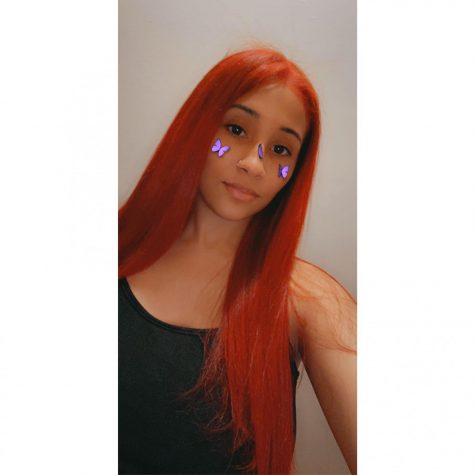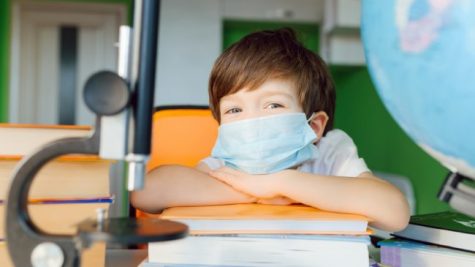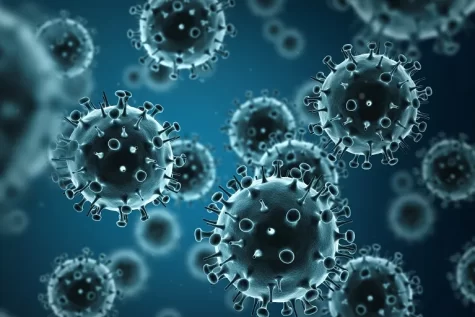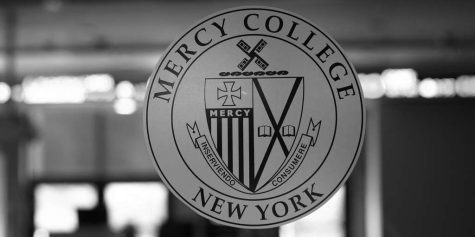Coronavirus Forces All Spring Classes To Resume Digitally For Rest of Semester

The world has been put into a panic over the spread of coronavirus (COVID-19) through the past four months because of a lack of information on the virus.
Breaking out in December 2019 in Wuhan, China, there are now over 218,000 cases around the world.
Every City University of New York (CUNY) and State University of New York (SUNY) school has been shut down and will resume their classes online for the rest of the semester. Mercy College has officially moved classes online for the rest of the spring 2020 semester as of March 18.
“Due to the recent escalation of the local response to coronavirus, a decision has been made to continue online instruction through the end of the spring 2020 terms.”
Mercy is figuring out the next steps for the summer and fall 2020 semester, as classes will continue online throughout that time. Another email sent by Mercy President, Tim Hall, reads “We’re making plans for the summer and fall semesters already, preparing to continue online or return to face-to-face classes if possible.”
Because of New York having the most cases in America, and having over 100 cases in Westchester and New Rochelle, all schools and “major gathering places” such as temples and Boys & Girls Clubs, that are within a one-mile radius have been shut down for two weeks.
All New York City public schools have been closed and will attempt to reopen April 20. Citizens of New York have been buying food in case the city gets put on lockdown, which has not been confirmed.
Dr. Rossi A. Hassad, an epidemiologist and professor at Mercy College, wrote an article on the virus claiming that primary, secondary, and tertiary prevention strategies all play a role. “Effective design and implementation of infectious disease counter-measures require a clear and precise understanding of the transmissibility, virulence, and natural history of the disease, which is lacking for COVID-19.”
Hassad believes that while many are concerned about the expanding community spread of the COVID-19, the risk of infection to the public can remain low if people observe the recommended precautionary measures.
“We are entering a critical phase of this epidemic, particularly in New York, and in order to stem the spread, early, aggressive and widespread containment strategies must be implemented, and I have no doubt that the State and City authorities will recommend, if not mandating, strict community-level interventions, particularly social distancing, very soon.”
According to Hassad, elder adults with pre-existing health conditions are the ones who are particularly at risk for the infections.
“This is a novel coronavirus, and much remains unknown about its transmission parameters and dynamics, so there is some uncertainty as to the trajectory of this epidemic,” Hassad stated.
Hassad believes in scientific theories and has written many articles on the virus, the theory being that the coronavirus is a member of a family of viruses found in many species of animals, including camels, cattle, cats, and bats. “Rarely, animal coronaviruses can evolve or mutate and infect people, creating person-to-person transmission chains. Scientists believe that this is the case for COVID-19 caused by the 2019 novel coronavirus, also known as SARS-CoV-2,” Hassad stated.
“Bats are considered being the source of the virus. This is the prevailing scientific theory, ” Hassad added.
Scientists are still figuring out a cure and a vaccine for the virus. In the meantime, the Centers for Disease Control and Prevention (CDC) stated that treatments are based on the treatment given when diagnosed with seasonal flu and other severe respiratory illnesses.
These treatments treat the symptoms, which often with COVID-19 involve fever, cough, and shortness of breath. In mild cases, this might mean rest and fever-reducing medications such as acetaminophen (Tylenol) for comfort.
President Donald Trump has said he is working with the FDA to eliminate barriers in trying to find treatments. The FDA has responded that they are trying new drugs, plus ones approved for other illnesses, including hydroxychloroquine.
In a statement by FDA Commissioner Stephen Hahn, he said, “We’ll get the right drug to the right patient at the right dosage at the right time,” adding that the research may take months.

Amber Perez is half Puerto Rican and half Italian. She is currently residing at The Bronx, New York and enjoys listening to music and reading books about...












